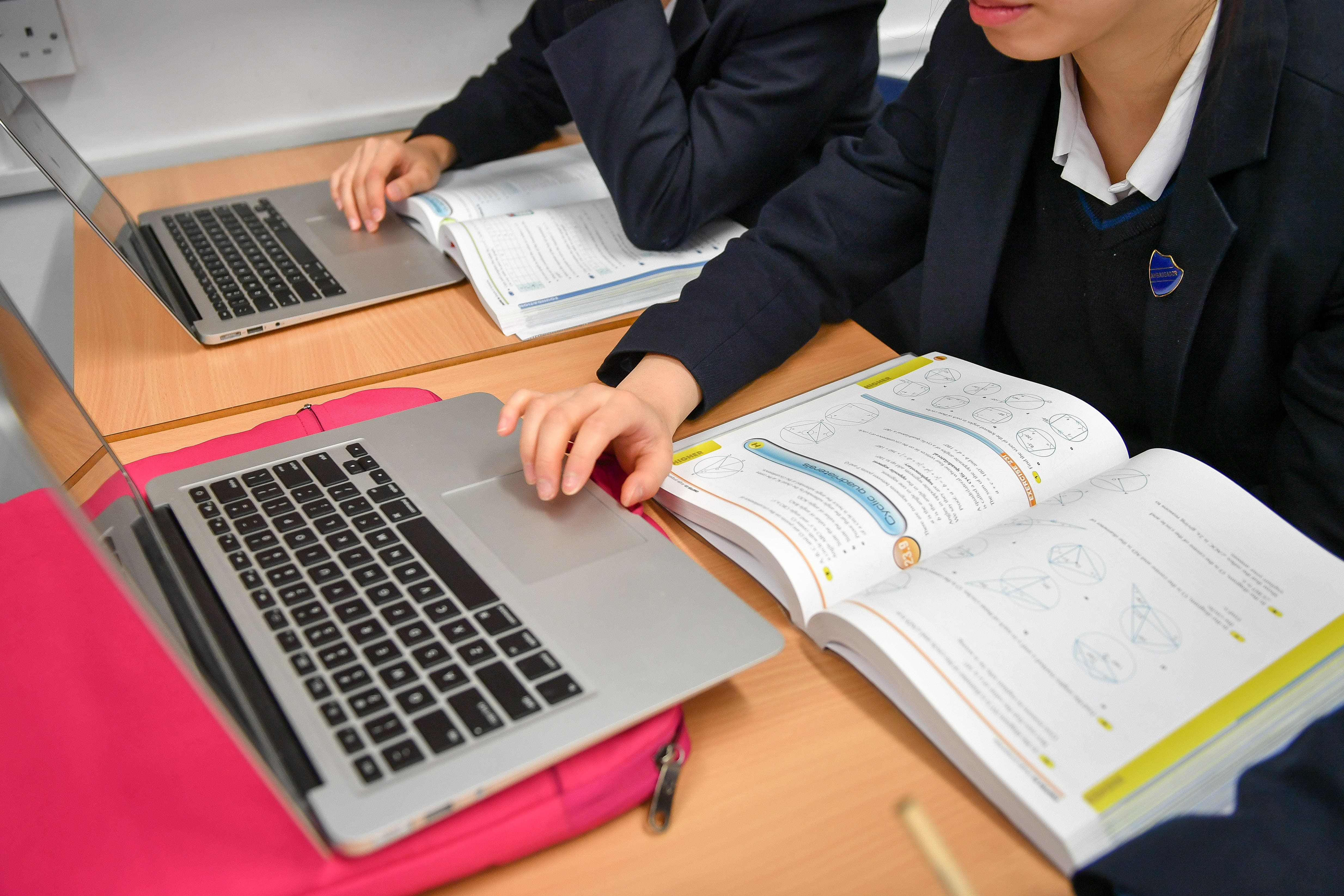More work needed to understand ‘risks’ that AI could pose – Education Secretary
Gillian Keegan will call for evidence to ensure artificial intelligence is used in a ‘safe and secure way’ in education.

Your support helps us to tell the story
From reproductive rights to climate change to Big Tech, The Independent is on the ground when the story is developing. Whether it's investigating the financials of Elon Musk's pro-Trump PAC or producing our latest documentary, 'The A Word', which shines a light on the American women fighting for reproductive rights, we know how important it is to parse out the facts from the messaging.
At such a critical moment in US history, we need reporters on the ground. Your donation allows us to keep sending journalists to speak to both sides of the story.
The Independent is trusted by Americans across the entire political spectrum. And unlike many other quality news outlets, we choose not to lock Americans out of our reporting and analysis with paywalls. We believe quality journalism should be available to everyone, paid for by those who can afford it.
Your support makes all the difference.More work is needed to understand the risks that artificial intelligence could pose to schools, colleges and universities, the Education Secretary will say.
Gillian Keegan will call on education leaders and technology experts to come forward with ideas on how generative artificial intelligence (AI) can be used in a positive way to support the education sector in the future.
In a speech at the London Tech Week conference, Ms Keegan will launch a call for evidence to ensure AI is used “in a safe and secure way” in education.
It comes after guidance from the UK’s major exam boards suggested that schools should make pupils do some of their coursework “in class under direct supervision” amid cheating fears in the context of AI use.
ChatGPT is a form of generative AI that can respond to questions in a human-like manner and understand the context of follow-up queries, much like in human conversations, as well as being able to compose essays if asked – sparking fears it could be used by students to complete assignments.
This will help us make the right decisions to get the best out of generative AI in a safe and secure way
In a speech to technology and education experts on Wednesday morning, Ms Keegan is expected to say: “Artificial intelligence is going to transform the world around us and help grow the economy.
“The workforces that are best equipped with the skills and knowledge they need will be the ones that ride the wave. We must make sure education is one of them.
“For that potential to be realised, we – the Government, our schools, colleges and universities – need to be able to understand those opportunities, as well as the real risks new technology brings.
“That’s why we want to kick start a conversation with experts from across education and technology to hear their views and learn from their experiences.
“This will help us make the right decisions to get the best out of generative AI in a safe and secure way.”
The Government is seeking views from education professionals across the schools, colleges, universities and early years sector on the benefits of technology, as well as the risks and ethical considerations.
Last month, BCS, the Chartered Institute for IT, called for AI to be part of teacher training courses to help staff understand how students are using AI.
It came after a letter sent to The Times signed by more than 60 education figures said schools are “bewildered” by the rate of change in AI.
The rapid advancement of artificial intelligence clearly has the potential to impact on education – in both positive and more concerning ways
The Government hopes the call for evidence, which will run until August 23, will provide a base to inform future work – including how AI could be used to reduce workload, improve outcomes, and run operations more efficiently, as well as work around misuse such as essay bots and cheating in exams.
The Education Secretary will also confirm that courses for the new Digital Functional Skills Qualifications (DFSQs) will begin in September, as well as the launch of a new Digital and Computing Skills Education Taskforce.
Julie McCulloch, director of policy at the Association of School and College Leaders, said: “Schools and colleges are currently in an absolute state of crisis because of teacher shortages and government underfunding. There is the real and present danger of a significant risk to educational standards and provision because of the government’s shameful neglect of the education system.
“Artificial intelligence may have the potential to help in classroom learning in the future and support teachers in their work, but we really don’t know what that would look like and the Education Secretary must first focus on addressing the immediate issues of underfunding, and recruitment and retention.”
Sarah Hannafin, head of policy for school leaders’ union NAHT, said: “The rapid advancement of artificial intelligence clearly has the potential to impact on education – in both positive and more concerning ways.
“It is good that this will be considered carefully, and any support related to the findings would be welcomed by schools who are currently dealing with issues as they arise largely on their own.”